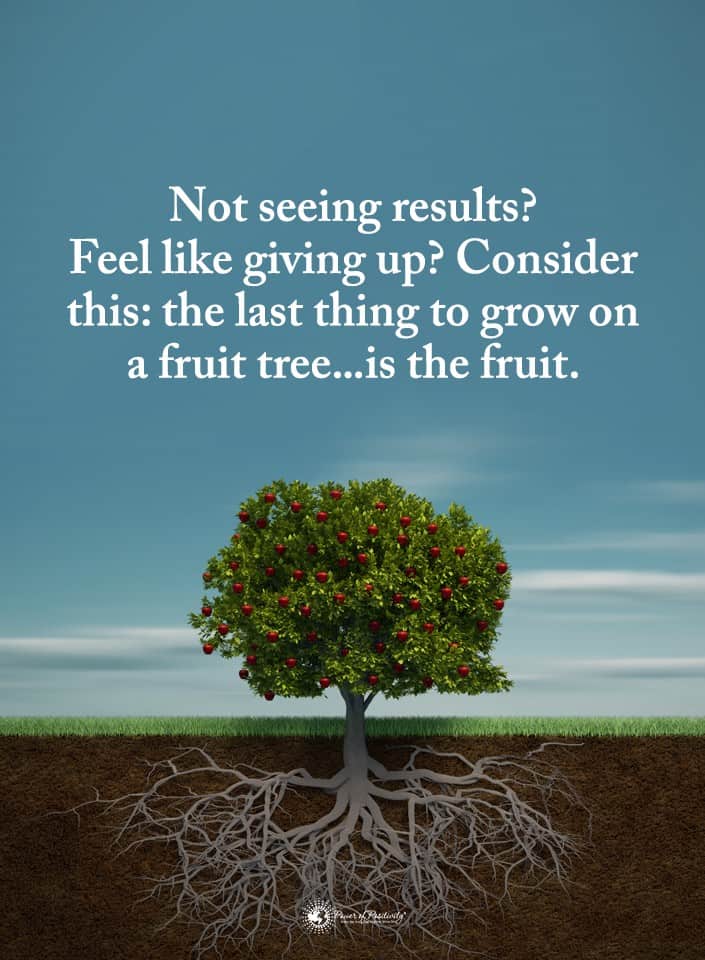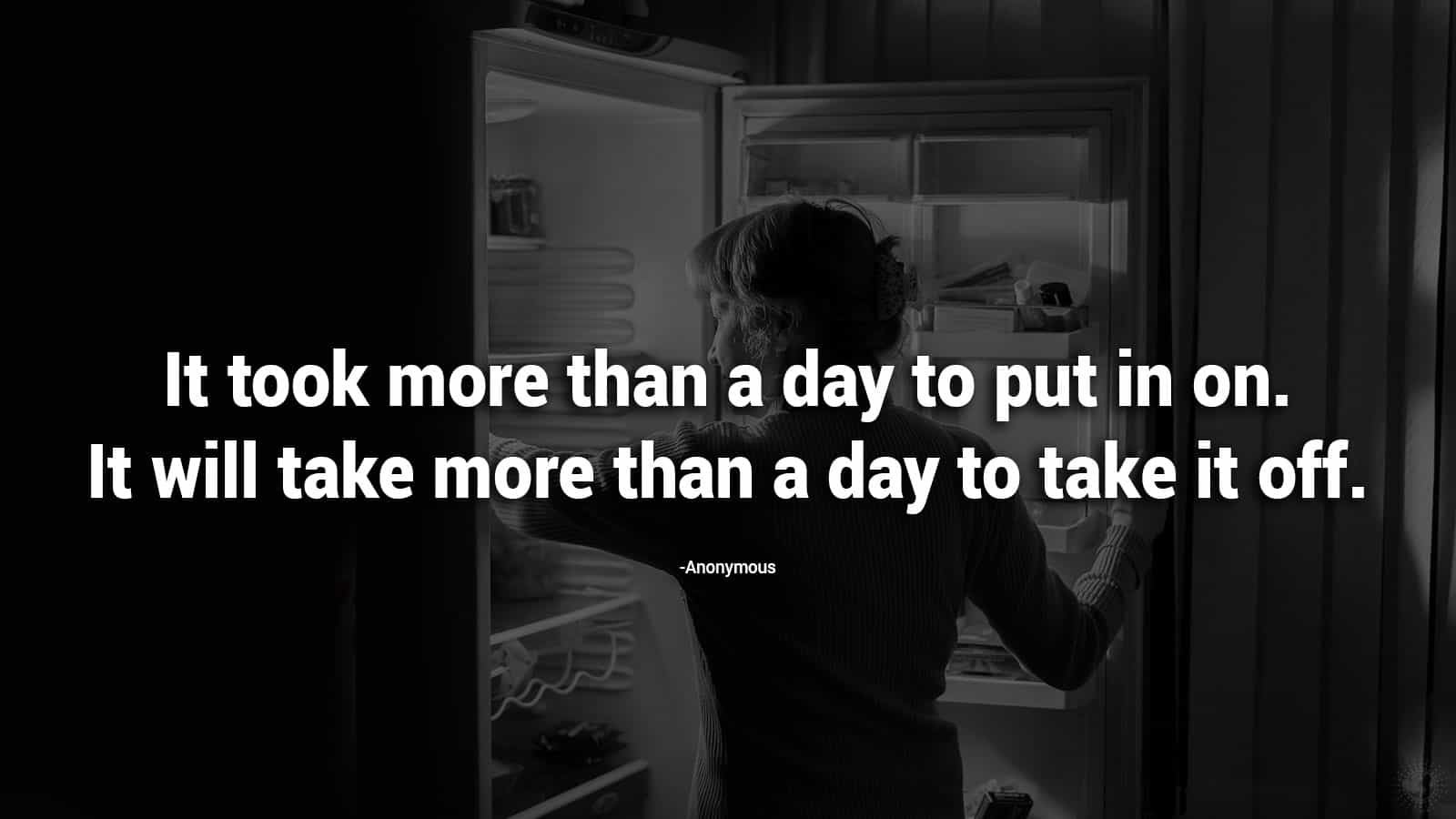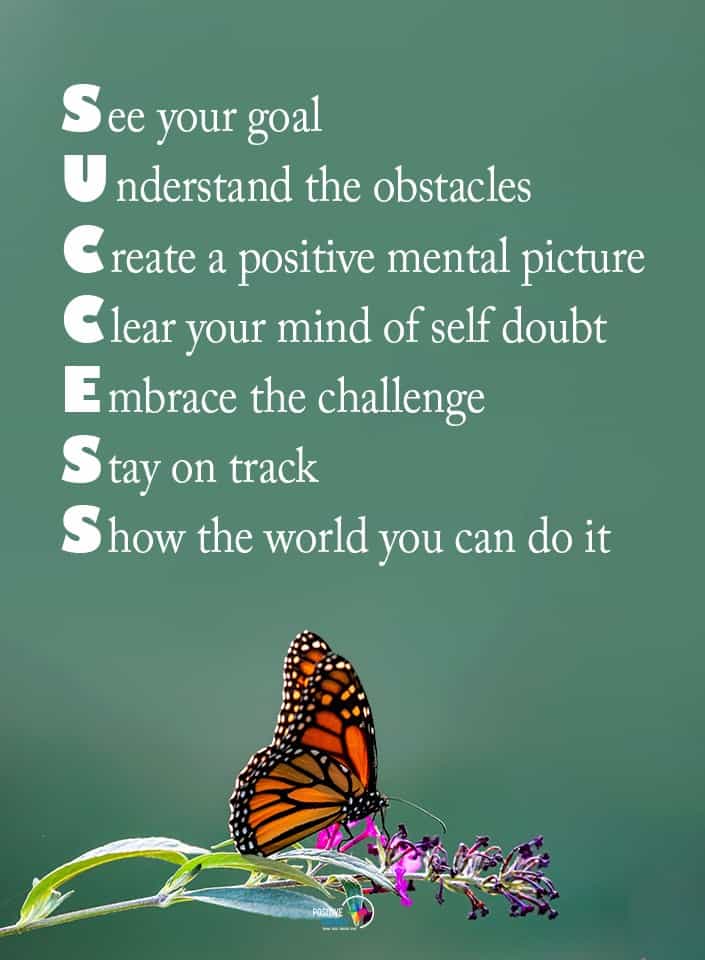Are you excited to start 2021 and to make some changes to become a new and better you? Why is it that when the new year rolls around, people feel motivated to make major changes? It’s invigorating to envision yourself reaching your goals and putting the previous year’s baggage behind you.
It would help if you took time to reflect on the past year, the milestones you accomplished, and the things you could have done differently. If you’re like most, then you made resolutions and set new goals for the year. The shocking thing is that many have already lost steam so early in the race.
It’s easy to start the new year with a bang, but you suddenly slip back into your old habits with ease. Why is it so easy to lose your gusto? Well, motivation is not an easy thing, especially when it requires you to boost your esteem rather than someone else.
Thankfully, the past doesn’t need to dictate the future. You can be successful this year and perform better than before. The key is that you will need to make a few adjustments to your mindset.
Four Actionable Hacks Help You to Reach Your Goals
Jade Wu Ph.D. is a behavioral psychologist who is affiliated with Duke University. A recent article she wrote on Psychology Today was eye-opening about reaching your goals by simply changing your mindset. Could your methods to reach your objectives in life be incorrect? By following a few simple hacks, you can reach your goals for this year and your life.
1. Focus on Learning Rather Than Performance
Are you one of the people that gets caught up in performance rather than learning a lesson? So many set goals because they want to achieve something tangible to boost their ego. For instance, you may say that you want to lose 15 pounds or enter the marathon in your local city.
These goals, while challenging, will give you a visible checkmark on your proverbial list of accomplishments. While it’s always good to cross things off your list, you need to remember that when you set long-term goals based solely on your achievements, they aren’t as effective as setting goals to develop new skills.
When your goals are too specific or concrete, then there’s nowhere to go from there once you achieve them. Take, for example, a college student that is trying to gain knowledge. They may set a goal to complete so many credit hours this year.
Their goal has some performance in it, but their milestone focuses on gaining both knowledge and skills. Thus, they will feel more satisfied when they complete their goal. Reaching your dreams can be achievement-based, such as earning honor roll grades.
Now, what would be an alternative to losing 15 pounds? Rather than saying you want to lose weight, you could set a goal to have a better relationship with food by gaining knowledge of eating right. You can be more specific and say you want to add three new recipes to your collection for healthy dinners.
Setting this type of goal for your health gives you a more detailed target, which in return will feel more achievable to you.
2. Attach a Value to Your Goals
What is your method to decide what goals you want to work on this year? Do you look at what your friends and family are setting as their goals? How do those people form their aspirations?
Many look to an authoritative figure and strive to be like that person. The origin of your aspiration can have a significant impact on whether you will accomplish this task. The best place to set these targets is based on your life values.
Here’s where things get tricky. Many folks confuse goals and values, but they’re not the same. Take, for example, you go with your family to Lake Erie for a boating trip. Your goal is to reach one of the barrier islands, such as Kelly’s or Put-In-Bay.
Once there, you want to soak up some golden rays and have a picnic on the beach. When you put your boat in the water, you have an objective to reach the islands. You can see them in the distance, and you know that you’re going in the right direction. So, the islands would be your goal or what you’re working towards.
Now, your values are like the GPS that’s pointing you in the right direction. Oddly, not everyone will have the same GPS, so there may be slight variations in the journey. The key is to stay focused on the big-picture and the things that matter most as you sail across uncharted waters.
Many may have values based on social connection because they don’t want to do anything new unless they have their friends and family by their side. What if you set a goal to help at a local food pantry?
Reaching your goals to help those less fortunate gives you a chance to share your experience with the community. Others may set aspirations to gain power and influence, which means they want to impact political policy.
The naturalist may want to become more engaged with nature. So, they set a goal to start growing their herbs and vegetables. You must determine if your aspirations are placed on your life values or make some adjustments.
You want to ensure your aim is not just another thing to check off on your completed list, so it must value it.
 3. Stop Using Fear Tactics
3. Stop Using Fear Tactics
Don’t use coercion to boost your efforts in reaching your goals. You may tell yourself that if you don’t get your blood sugar levels under control, you could have a stroke. While this is a true statement and something that you should be concerned about, it should have a positive spin more than a negative one.
Rather than fearing the stroke, you can tell yourself that you will improve your life quality if you get your glucose levels under control. Another example of threatening yourself would be to say that if you don’t find a new job, you will have financial woes.
Why not present it as a challenge to yourself instead of a threat? Tell yourself that your financial situation will improve when you get a new job, and you can relieve some of your stress. Do you see how different you can word things so that it doesn’t sound so scary?
If you motivate yourself for the wrong reasons, you won’t stick with it as threat-based goals don’t work. However, if you switch your thinking to looking at them as challenge-based, you’re going to be more optimistic about making changes. You will notice a big difference in your attitude and motivation when you use optimism.
4. Enlist an Accountability Partner
You’re a social creature, so it’s only natural that you share your goals for the new year with your friends and family. You need an accountability partner to help you stay on track. Peer pressure can be a good or bad thing, but the motivating factors behind this pressure are beneficial.
When you commit to your aspirations, and someone else is helping to push you along, it makes things easier. If you’re like most people, you’ve already made your declarations on social media and announced them to your friends at dinner. Now, you need to find that one person who will hold you accountable in reaching your goals.
Experts like Jade Wu, Ph.D., encourage people to sign a social contract. While it might sound odd, you’re putting your goals on paper and having someone else sign with you that they will help motivate you to complete these tasks. Make sure you clarify on the document what will happen when you achieve these goals, as you can use this as inspiration.
If you think that it sounds a bit excessive, then you should know that it works. According to Oxford Academic, health care providers implemented contracts to get a group of high-risk individuals to improve their health. Each deal was different and specific to the person’s needs.
They found that these contracts were a success because they acted as a reminder of their goal, plus it gave them the necessary support they needed and resources to help them with problem-solving. So, this little piece of paper had a significant impact.
 Final Thoughts on Reaching Your Goals
Final Thoughts on Reaching Your Goals
Everyone should have goals, dreams, and plans for the new year. Even though you may not reach all of them, you should attain the most important ones. You might use a vision board to help you visualize where you are not and where you want to be in the future.
Where would society be if there was no drive to be better than before? Think of all the technological advances over the past two decades, as they’ve helped to mold and change the world as you know it. In the early 1990s, very few people had cell phones, and most individuals relied on home phones.
Fast forward 31 years later, and landlines are becoming obsolete for consumers. How and where do you see yourself next year? Will you be in a new career, making better money, and having more time for your family, or will you be 15 pounds lighter and have a better relationship with food?
The choice is up to you, and you should enlist friends and family to help motivate you in reaching your goals.

















